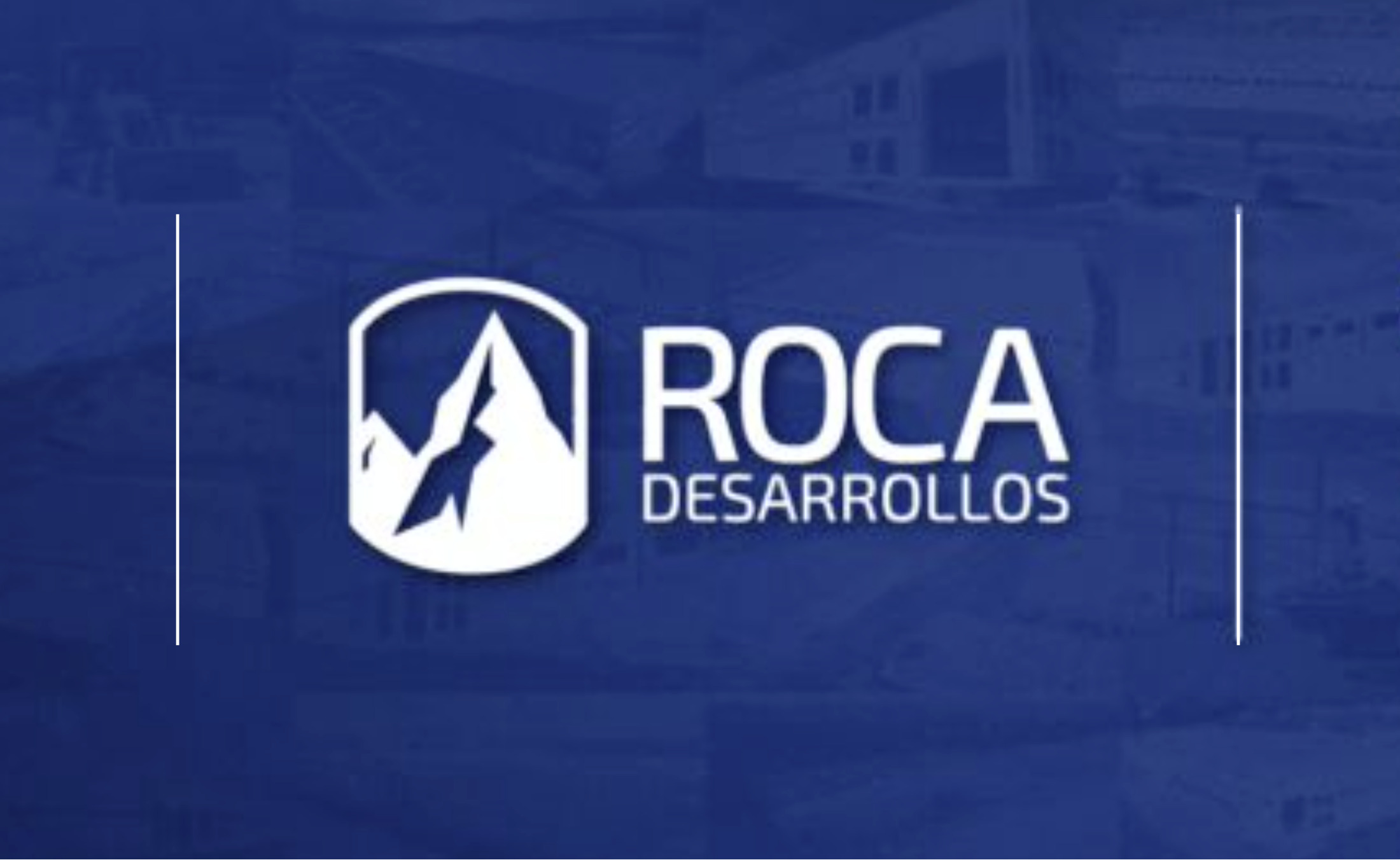SUSTENTABILIDAD ROCA
Securing our future today
International Day for Disaster Risk Reduction
The importance of this date lies in highlighting how risks can be transformed into opportunities through proactive investment in risk reduction. In 2025, the initiative aims to raise awareness that disasters are becoming more frequent and costly, and reaffirms that every day counts in taking action to build resilience in the face of a changing climate.
In Mexico, the scenario is particularly challenging: diverse geography and rapid urbanization without sufficient planning exacerbate exposure to droughts, floods, storms, and forest fires. Institutional vulnerability also manifests itself in coordination challenges between levels of government, limited resources for early warning systems, and shortcomings in local adaptation.
Given this reality, it is crucial for the industrial sector to adopt climate resilience strategies: strengthening resilient infrastructure, diversifying supply chains, monitoring hydrometeorological risks, developing contingency plans, and promoting actions that mitigate losses from extreme events in the face of climate change impacts.
ASG and Industrial Sector
Climate change and the current socio-political context
The recent floods, wildfires, and heat waves around the world confirm that global temperatures have reached unprecedented levels, increasing the urgency for swift action.
The World Meteorological Organization confirmed that 2024 was the warmest year on record, and extreme weather events are already impacting economies and supply chains.
In response, the UN Secretary-General convened a Climate Summit on September 24, during the high-level week of the General Assembly, with the aim of prompting concrete announcements to boost ambition ahead of COP30 in Belém. International reports show that current national contributions fall far short of what is needed by 2030; the Synthesis of Nationally Determined Contributions (NDCs) warns that current actions are not closing the gap toward the reductions required to limit global warming.
For companies in Mexico’s industrial sector, this pressure translates into two immediate demands: demonstrating how they will reduce their carbon footprint and how they will protect their facilities and supply chains from extreme weather events.
At the same time, there are important market signals: global investment in the energy transition surpassed the two trillion dollar mark in 2024, demonstrating significant funding for clean energy projects and industrial modernization.
However, financing for damages and losses remains insufficient: the agreed-upon mechanism to support affected countries and communities has limited commitments in the face of growing needs, meaning that many adaptation and recovery measures will depend on additional public and private decisions.
For industry in Mexico, the message is clear and actionable: reduce energy consumption and emissions through efficiency measures, accelerate purchases or generation of clean energy where feasible, strengthen the resilience of plants and logistics to floods and extreme heat, and improve transparency regarding goals and progress to maintain access to markets and financing.
From the UNEP Directorate, Inger Andersen emphasizes that “we will not recycle to solve the crisis”: a systemic transformation toward a circular economy is required.
The talks therefore seek to generate a legally binding instrument that forces a rethinking of the production, design and consumption of plastics to prevent large-scale environmental, health and economic damage.


Interest rate of the month:
Carbon reduction in new construction
According to the Global Status Report for Buildings and Construction 2025, in 2023, for the first time, construction growth stopped increasing the sector’s greenhouse gas emissions, thanks to advances such as the adoption of renewable energy, electrification, and circular building practices. However, more than half of new construction worldwide still lacks energy-efficient building codes.
Experts like the World Green Building Council are calling for a tripling of energy-efficient renovations and a doubling of investment in efficiency by 2030, as well as requiring zero-carbon building codes and embodied carbon limits—a global effort that combines innovation, public policy, and green finance to radically transform how we build our cities.
ROCA Reports
Securing Our Future Today
Our “Securing Our Future Today” program is a strategic tool that strengthens our relationship with our clients by promoting the responsible management of environmental, social, and governance (ESG) issues.
Through this program, tenants benefit by identifying ESG risks and opportunities relevant to their operations, which improves their performance, reduces regulatory and reputational risks, and contributes to their competitiveness in increasingly demanding sustainability markets.
Furthermore, the program is aligned with the principles of the international standard AA1000, which establishes best practices regarding stakeholder engagement, materiality, responsiveness, and impact. We invite you to continue participating.

ESG CULTURE
OUR ADHERENCE TO THE UNITED NATIONS GLOBAL COMPAC





